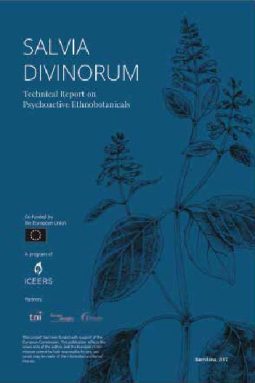Ayahuasca can help people to accept death and to alleviate the pain of losing a loved one. This is the conclusion of a new study, published in Omega – Journal of Death and Dying, in which researchers compared the intensity of grief in 30 subjects who drank ayahuasca during their grieving process with that of a homologous group of subjects that did not drink ayahuasca but participated in support groups.
Additionally, the study found that those who participated in ayahuasca sessions had a higher number of variables related to the growth following the trauma, such as the capacity to give meaning to life.
This study also analyzed the psychological processes that emerged during the ayahuasca sessions, comparing them with the psychological processes that the most evidence-based therapies seek to achieve. Three important themes emerged in the experiences of participants: experiences of emotional release, biographical memories, and experiences of contact with the deceased. These experiences facilitated the acceptance of death, biographic re-signification, the reconstruction of one’s identity, and the continuing bonds with the loved one.
This study – conducted by researchers at ICEERS – is the first study to examine the therapeutic potential of ayahuasca in the treatment of grief. Download the article.
Abstract of the study on ayahuasca and grief
The death of a loved one is ultimately a universal experience. However, conventional interventions employed for people suffering with uncomplicated grief have gathered little empirical support. The present study aimed to explore the potential effects of ayahuasca on grief. We compared 30 people who had taken ayahuasca with 30 people who had attended peer-support groups, measuring level of grief and experiential avoidance. We also examined themes in participant responses to an open-ended question regarding their experiences with ayahuasca. The ayahuasca group presented a lower level of grief in the Present Feelings Scale of Texas Revised Inventory of Grief, showing benefits in some psychological and interpersonal dimensions. Qualitative responses described experiences of emotional release, biographical memories, and experiences of contact with the deceased. Additionally, some benefits were identified regarding the ayahuasca experiences. These results provide preliminary data about the potential of ayahuasca as a therapeutic tool in treatments for grief.
Categories:
NEWS
, Ayahuasca
, Ayahuasca
, RESEARCH & INNOVATION
Tags:
ayahuasca
, study
, grief


